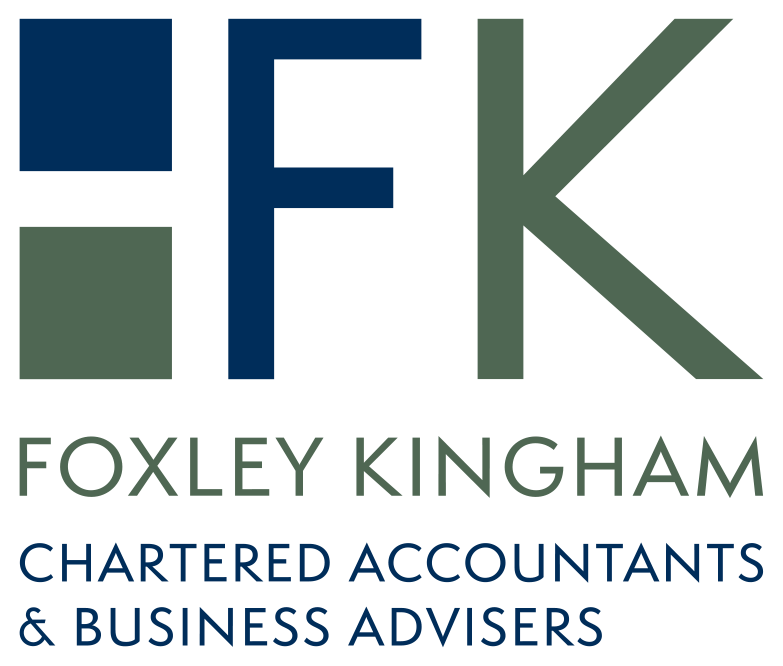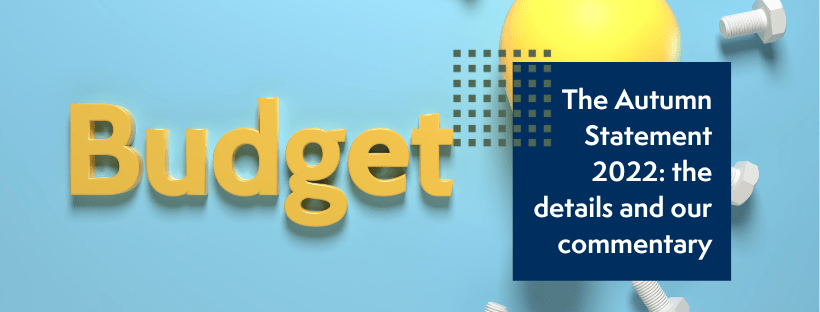
Recently, we published guidance for businesses on the importance of Getting your R&D tax credits right, in part 1 – A Buyer’s Guide.
In part 2, we’re letting you know in more detail how the landscape for claiming R&D (Research & Development) tax credits is significantly changing, and how businesses are much more likely to be audited on their R&D tax credit claims, including historical claims.
Don’t let your R&D tax credit claim put you at risk
Not only can HMRC recoup 100% of claim amounts on those they find to be incorrect, or fraudulent, they can also recoup claim amounts on all historical claims.
With past encouragement given to businesses to claim tax credits, and the advisory industry still completely unregulated, companies are at increased risk as HMRC now crack down on the historical tendency for businesses to overclaim.
Changes in the R&D tax landscape – beware
Specialist data from our expert associates in R&D tax credits, Markel Tax, shows clearly how HMRC is changing its approach, and what companies who claim R&D tax credits now need to be aware of.
HMRC cracking down on R&D tax credit claims
Since recovery from the pandemic, HMRC, via their House of Commons Committee of Public Accounts, identified the increase in R&D claims at 240% over the last four years, with claims far exceeding forecasts. As such, they have identified that the level of error and fraud is now significant and are taking measures to increase audit.
The number of audit inspectors, with specific focus on R&D tax credits, has increased by 100 new recruits with the remit to crack down on incorrect claims of companies, particularly those by unregulated agents.
HMRC R&D tax credit enquiries up by 600%
Speaking to Giordano Goggioli, senior associate for tax incentives and reliefs, and specialist in R&D tax credits at Markel Tax, associates of Foxley Kingham, he explains what the data gathered from their insurance protection team indicates.
Within the timeframe of the notable increase in R&D tax credit claims, HMRC have increased the volume of its enquiries, “by a factor of six – so approximately 600%,” says Giordano.
The effort and resource now being put into reversing the trend of aggressive, incorrect R&D tax credit claiming is indisputable. Moreover, the cost to the taxpayer, due to error and fraud, is estimated by HMRC to be £469m in 2022, a 50% increase since 2020 estimates and therefore worthy of significant resource to reverse the drain on the public purse.
Even small claims now attract audit attention
Interestingly, HMRC is no longer only concentrating on big value ticket items. There is a willingness now to query the smallest of claims.
Giordano explains how, historically, HMRC concentrated interest in claims over six figures in value. “More recently, our data shows [HMRC] is quite willing to pursue values that are really quite small…the smallest enquiry that someone came to us for help with was worth just £9,000.”
HMRC only typically being interested in ‘big ticket items’ is no longer a safe assumption for businesses. Every claim for R&D tax credits, no matter it’s value can be subject to scrutiny at any time.
Scrutiny of claimed advances in science or technology
Data from our R&D tax credit experts show that HMRC is now focusing on the entry point of ‘technical project description’ rather than ‘cost analysis’ to scrutinise the validity of claims.
“They’re looking closely at whether a project is seeking to achieve a genuine advance in the fields of science or technology,” says Giordano.
What this means for companies claiming, and their R&D tax agent or accountant is that they must be sure of their contribution to advancing science or tech and be articulating it correctly for the purpose of claiming.
Accountants lack tech and science knowledge placing companies at risk
Accountants do not typically have the technology or industry knowledge to judge whether an R&D tax credit claim is viable or correct.
Therefore, Foxley Kingham work with R&D tech industry experts, Markel, to ensure clients are safeguarded from risk when it comes to HMRC audit.
Markel have specific sector knowledge and can determine what does and doesn’t qualify as R&D. As proactive accountants who safeguard our clients, we work with them to ensure clients’ R&D claims are fully valid.
Businesses should be aware that accountants alone are not able to guarantee the ‘de-risk’ of the claim – industry specialist input is always advised.
Scrutinise accountant’s ability to assess your R&D tax credits
Businesses should be aware that unqualified R&D tax credit advisors, and accountants who don’t partner with the right industry to assess individual claims of ‘industry innovation’ put them at severe risk.
A HMRC audit into historical, incorrect R&D tax credit claims can mean losing £000s in recouped funds.
Get a proactive accountant
A proactive accountant, who partners with the right industry expert to advise your business on their R&D tax credit claiming, not only ensures your claims are correct now, but can advise you on the future viability and potential of your research and development, and claiming.
“We put our trust in Markel, as industry experts in science and technology, to be an extension of our practice and deliver real value for our clients,” says Tara Aldwin, Director at FK.
Foxley Kingham will continue to advise clients on the landscape of changes affecting them when it comes to R&D tax credits and any other aspect of HMRC reform and change.
If, as a business, you have a query or concern with regard to your R&D tax claims, including historical claims, please get in touch for a confidential consultation.












